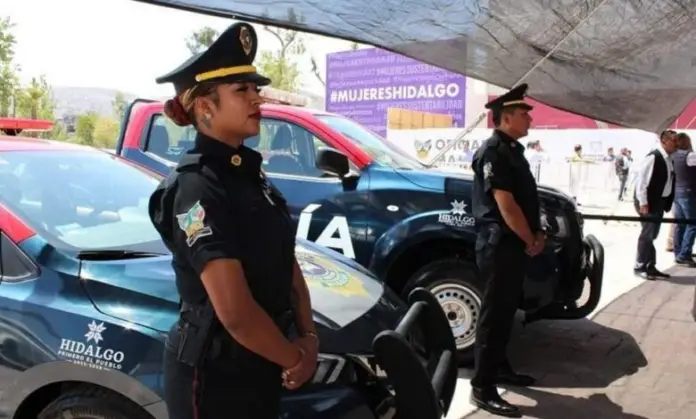Forced recruitment of minors for crime is not a myth, as some authorities point out. There are more and more ways to contact and force young people to join the crime.
In Mexico, through deception and threats, thousands of children and adolescents are recruited by groups of criminal organizations to commit crimes such as hawking, drug production and transportation, drug dealing, or robbery and extortion.
Despite the seriousness of the situation, the government does not know how many young people are in the ranks of crime.
A study by the Network for the Rights of Children estimates that up to 250 thousand minors are at risk.
And a government document admits that 18 states are prone to recruitment.
Elizabeth Zaragoza Ruiz, security and justice results analyst at the United Nations office against drugs and crime in Mexico said that it has been a problem that is increasing. It is especially relevant because we see the negative impact that being recruited has on the full development of girls, boys and adolescents.
Jalisco is one of those states prone to this crime, where the Jalisco cartel, the “Knights Templar” and the “Michoacana Family” operate.
The prosecutor’s office warned about 10 municipalities where minors are recruited. Last September, they secured a ranch in Teuchitlán, freed victims and arrested 10 people.
Daniel Espinoza Licón, President of the Supreme Court of Justice of Jalisco, said that it is a group that was recruiting young people to train and include them in the ranks of organized crime.
There are various modes of operation, but the use of social networks, video games, false promises of employment, threats and deprivation of liberty stands out.
Gabriel García Correa, magistrate of the First Regional Unitary Court of the Specialized Circuit for Justice for Adolescents in Sonora said that in the Sierra area of Sinaloa, criminal groups come to the ranches, see adolescents, offer them work, that they will earn a lot of money and in the case that has touched us, they brought them to the Obregón area and there they used them as hitmen.
Nohora Niño Vega, doctor in social sciences said that the persuasion is given by the groups offering money, power, recognition, or they decide to join for revenge situations when these adolescents have been victims of the murder of family members and friends.
There are 49 factors for which young people are vulnerable, such as criminal environments, breakdown of the social fabric, school dropouts, addictions and poverty.
Experts urge the Mexican state to address recruitment, starting by classifying it as a crime.
Tania Ramírez, Executive Director of the Network for Children’s Rights in Mexico, said that the legal framework in our country is weak, since recruitment is not criminalized and is considered a form of human trafficking.
Source: meganoticias






